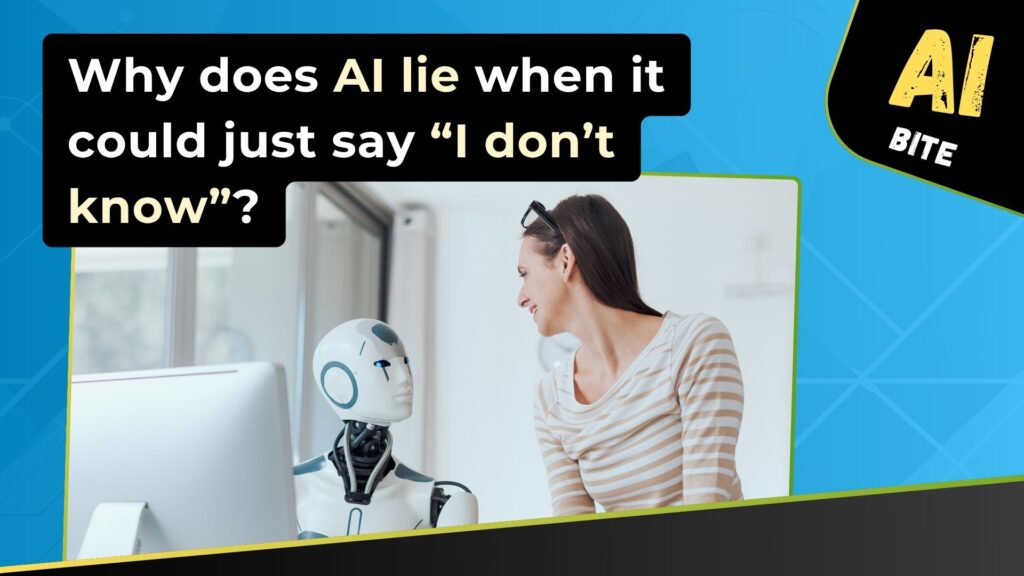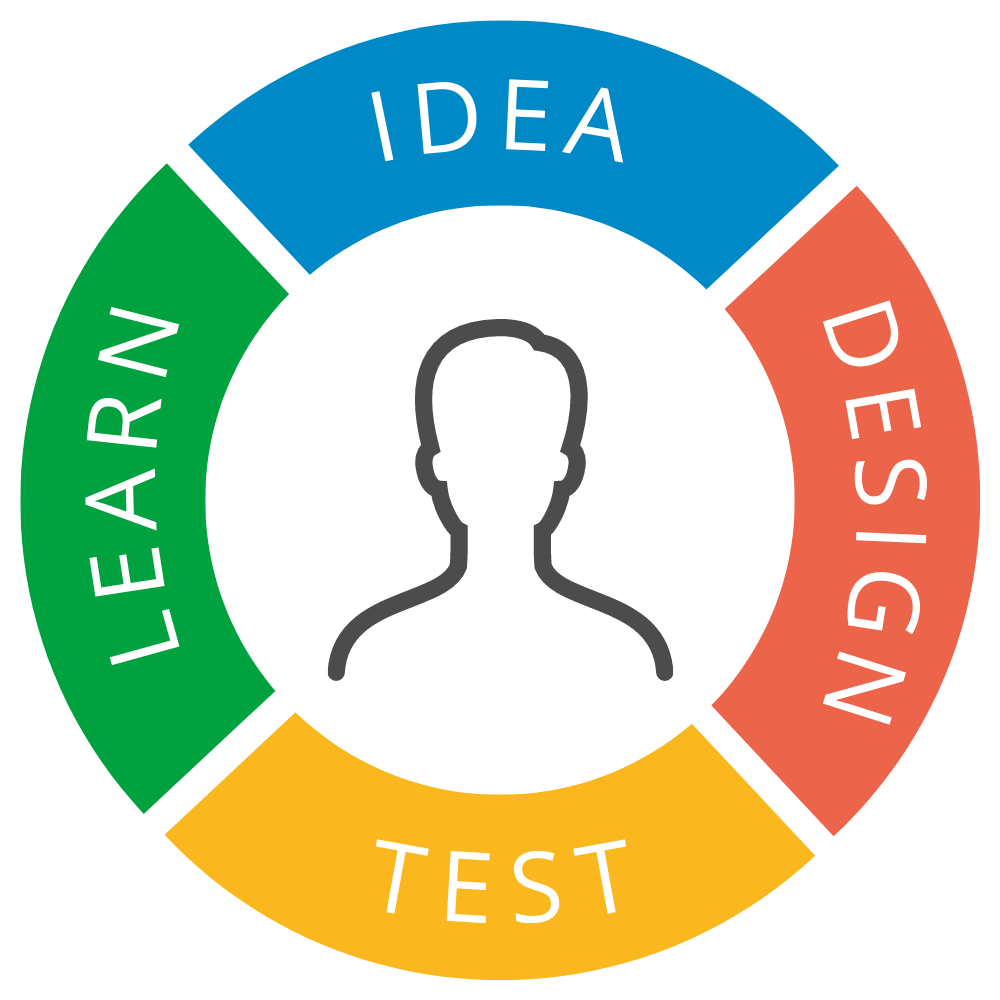
OpenAI published a study that sheds light on one of AI’s strangest problems — why artificial intelligence tends to make things up. And the answer is more surprising than you might think.
1. What are AI hallucinations?
AI hallucinations are confidently presented but false statements — responses that sound believable yet are factually incorrect.
For example, when an AI was asked about a certain scientist’s birthday, it gave three different dates across three attempts — all wrong. Instead of saying “I don’t know,” it invented random answers.
2. Why doesn’t AI just say “I don’t know”?
The reason lies in how AI systems are trained.
Imagine AI as a student taking a multiple-choice test. If the student guesses, they might earn a point for a lucky answer. But if they leave it blank, they definitely get zero.
The same logic applies to AI. Current training systems reward giving an answer — even if that answer is incorrect.
3. How do training data influence lying?
Take Albert Einstein’s birthday — it’s well-documented online, so AI knows it precisely.
But what about a lesser-known scientist? That information might appear rarely, or not at all, in the training data. If a fact appears only once in the dataset, the AI has roughly a 20% chance of making up an incorrect answer.
4. Why do evaluation systems encourage lying?
Many AI performance tests focus solely on accuracy — how many answers were correct.
This creates a misleading incentive for AI developers, because a model that guesses correctly by chance will score higher in public benchmarks than one that honestly admits, “I don’t know”.
5. Is hallucination inevitable?
According to OpenAI, it doesn’t have to be. AI can, in fact, say “I don’t know” when uncertain.
OpenAI’s results showed that the gpt-5-thinking-mini model said “I don’t know” in 52% of cases during the SimpleQA test and got 26% of answers wrong.
In contrast, the o4-mini model admitted uncertainty only 1% of the time — and got 75% of answers wrong.
6. What’s the solution?
Train AI models to reward honesty — meaning they should be encouraged to respond “I don’t know” when uncertain, rather than guessing.
By changing how we evaluate AI, we can move toward systems that are more transparent, reliable, and self-aware — machines that acknowledge their limits instead of pretending to know everything.
When was the last time you caught AI lying to you?

